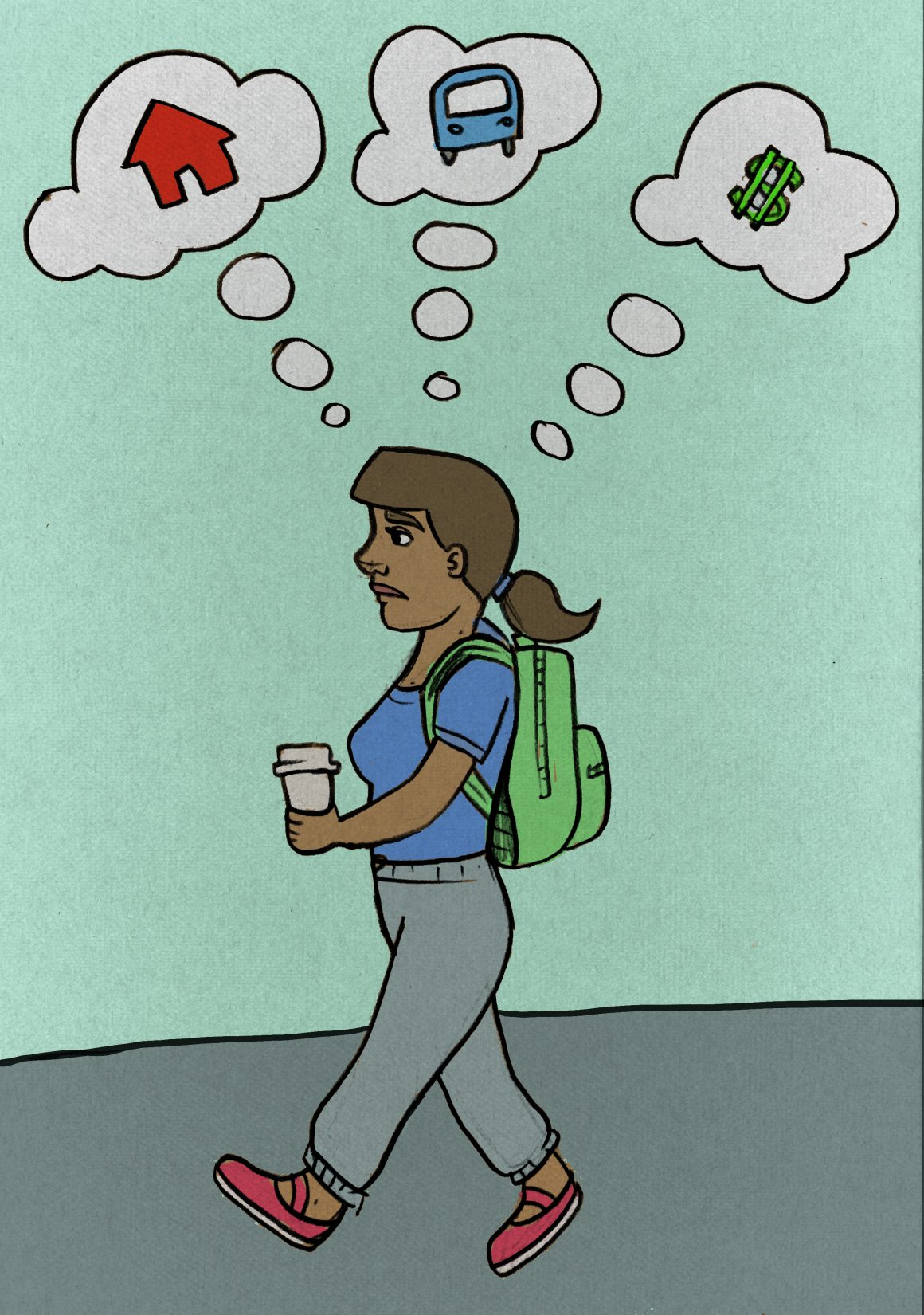
There’s no excuse to not vote in this municipal election
September 26, 2017 —
Calgarians are heading to the polls on Oct. 16 to vote in this year’s municipal election. Citizens will cast votes for candidates they’d like to see as their mayor, Ward councillors and school board trustees. This will likely be the first municipal election many University of Calgary students are eligible to vote in, since the previous election was in 2013.
This election is especially important because of the impending challenges the next city council will face. The city’s recent economic downturn has resulted in a high commercial vacancy rate, especially in the downtown core. This means less tax revenue is being collected from commercial taxes. It is projected that the city is dealing with a $170-million shortfall in 2018. This shortfall poses a substantial challenge for city council, so electing candidates with priorities that citizens deem important will be crucial when the inevitable budget cuts are made.
The importance of some issues and priorities will vary from person to person. Issues like secondary suites and public transportation are often touted as the most important to students. Though these issues are pressing, this is still a very narrow view of what constitutes a municipal “student issue.” The decisions Calgary city council makes could shape the city into a place students are glad to call home. We’ll also hopefully graduate into an economy that is hiring.
Local government policies arguably have a more tangible effect on the daily lives of citizens than other levels of government. Municipalities like Calgary set policies for services like infrastructure, waste management, utilities, transportation, social assistance programs and public safety. The day-to-day functions of the city make your participation in the municipal election all the more important.
Don’t decide to vote for a candidate because of a single trivial issue like public art or street cleaning in the spring. Understand and critique their entire platform before casting your vote.
You can find information about the mayoral and councillor candidates’ platforms in a variety of ways. Most candidates will use some sort of online platform to distribute information about their candidacy. Attending a debate or forum featuring your Ward’s candidates is a great way to see what they will bring to city council and how they conduct themselves with others.
Also, read our election coverage in this issue. We’ve interviewed Calgary’s candidates contending to be mayor and Ward 7 councillor — the Ward where the U of C main campus is located and where many students live.
If you are not able to vote on Oct. 16, there are still plenty of ways to exercise your democratic right. Applications for mail-in ballots may be made online, over the phone, faxed or in person at the Elections and Census Office near Deerfoot City. Additionally, voters may cast their ballots early at advanced voting stations, which are open from Oct. 4–11. There isn’t an excuse for not voting if you are able to, so don’t be lazy about getting your ballot in.
No vote means no opinion. Not everyone has to be a political scientist to take an interest in elections. It’s a civic responsibility to vote, so do yourself and your fellow Calgarians a favour by educating yourself on the candidates and marking off on your ballot who you’d like to see in City Hall.
Derek Baker, Gauntlet Editorial Board
